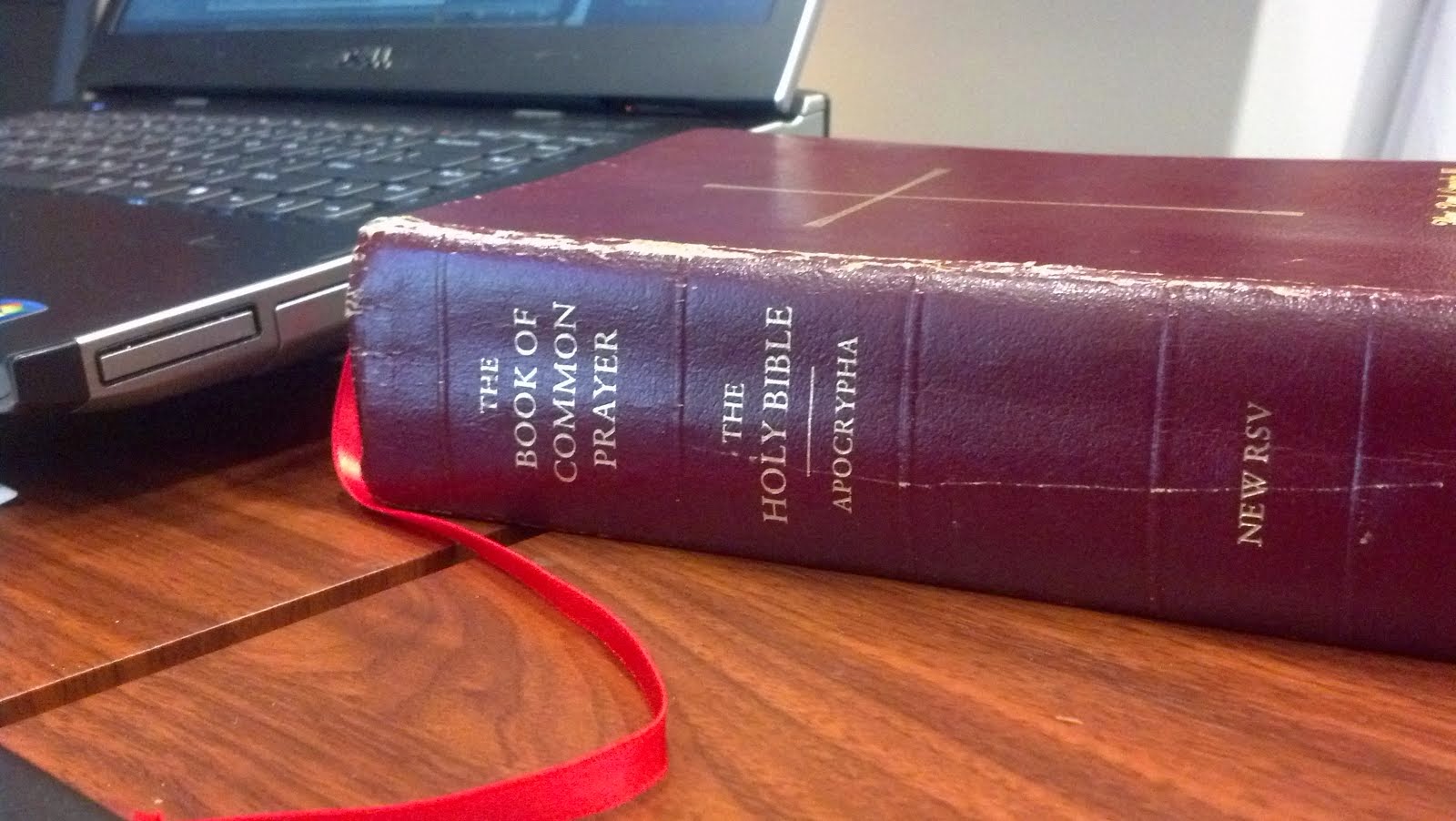RCL Year A, Easter 6
“For it is better to suffer for doing good,” the Apostle Peter writes, “than to suffer for doing evil.”
When my cousin Jan was 22 years old, she became a missionary in
Jan came home from
My Uncle David and Aunt Pat, who had adopted Jan when she was 12 years old, spent many hours praying by Jan’s hospital bed, and many hours pouring through her journals. When Jan came to live with them, both of her parents had died. Her father of complications from emphasema and her mother from lung cancer. When both were alive, they smoked as much as five packs a day combined. And Jan lived with that for most of her formative years. As the malaria took its grip on her respiratory system, Jan’s lungs, weakened by years of second hand smoke, could not fight off the infection, and on February 12th, 1992, Jan died.
In reading through her journals, my aunt & uncle discovered that she had stopped taking her anti-malaria pills about 6 months into her mission. She did not feel, according to her own words, that she could genuinely do ministry with the people of
And despite the grief all of her family felt at her death, we took some comfort in the fact that she died for the cause of the Gospel. I don’t know that it is ever God’s will that we suffer, especially in sharing the Good News of God in Christ and ministering to God’s people, but almost all of us have come to some peace that Jan’s death was not in vain.
We have all suffered for the cause of something we believe in, and we have all dealt with the loss of friends or family because we stood up for what was right. The First Letter of Peter, which we have heard for three weeks now, is about perseverance in our suffering, and staying true to the Way that Jesus laid out for us. The passage from today’s lesson lays out for us calm and encouraging words for staying true to the path of Christ when that path gets rough and rocky.
“Even if you do suffer for doing what is right, you are blessed. Do not fear what they fear, and do not be intimidated, but in your hearts sanctify Christ as Lord. Always be ready to make your defense to anyone who demands from you an accounting for the hope that is in you; yet do it with gentleness and reverence.”
We are called as people of God to bear witness to Christ’s power in the world. Whether we are called to deal with earthly hardships for our faith or not, being the Light of Christ in this world is no easy feat. I don’t know about you, but even before following this call to ordained ministry, I was often in a position of defending why I believed in God and would call myself a Christian. Even today in many parts of our own country, followers of Christ are the minority and face the threat of intimidation because of their faith in Him.
Yet as we bear the light of Christ to places that are far off and places that are near, we have amazing opportunities to share the Christian witness. When the message is not received, we can’t take it personally, instead we must continue to share the Gospel with gentleness and reverence, and most importantly, we must remember that we are not only the bearers of the light of Christ, we are the light of Christ.
AMEN

